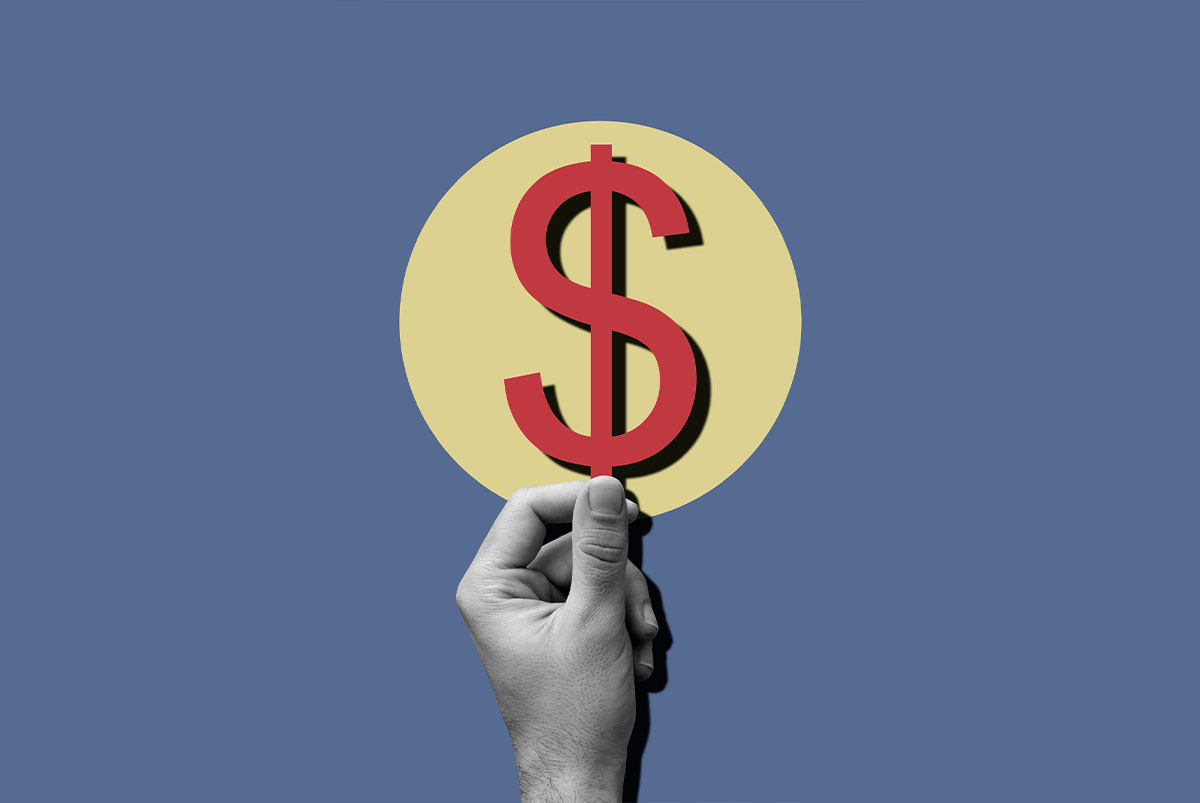When you buy a home, the seller transfers the deed to you, making you the proud new owner of a piece of real estate. But did you know that sometimes homeowners can transfer their mortgages to you, too?
A transferable mortgage, more commonly known as an assumable mortgage, allows you to buy a home by taking over the homeowner’s mortgage. Federal Housing Administration (FHA) loans – one of the most popular home loans for first-time home buyers – are assumable.[1]
Assuming an FHA mortgage is a great option if the interest rate on the seller’s mortgage loan is lower than current interest rates, and you want to save money on closing costs.
We can show you how to assume a mortgage, explore the rules and restrictions of assumable loans and dive into their pros and cons.
How Does an FHA Assumable Mortgage Work?
When you assume an FHA mortgage, you take over the seller’s remaining mortgage balance and existing mortgage terms. All FHA loans are assumable. But FHA loans originated after December 1, 1986, may be subject to some restrictions.[1]
FHA loans are helpful for borrowers who don’t qualify for conventional loans because of their credit scores or income and want to take advantage of lower down payment options.
To assume an FHA mortgage, the buyer must qualify for the loan. Home buyers who want to assume a mortgage issued after December 15, 1989, must meet the FHA’s eligibility requirements.
To be approved for an FHA mortgage assumption, your[2]:
- Credit score must be at least 580 to make a 3.5% down payment or between 500 and 579 to make a 10% down payment
- Debt-to-income (DTI) ratio must be 43% or less
- Monthly mortgage payments cannot exceed 31% of your monthly gross (aka pretax) income
If you meet the criteria to assume the loan, the mortgage lender will release the seller from liability for the mortgage, transferring the mortgage and repayment obligation to you.
Can family members assume FHA loans?
Yes, you can transfer your FHA loan to anyone if the FHA or Department of Housing and Urban Development (HUD) gives the okay.
If you want to assume your spouse’s FHA mortgage or your child wants to assume your FHA mortgage, it can happen as long as you or your child can demonstrate creditworthiness that meets the FHA’s standards.
What Are the Pros and Cons of an FHA Assumable Loan?
An FHA assumable loan comes with benefits and drawbacks for buyers and sellers.
✅Potentially lower interest rate
If interest rates have gone up since the seller took out their FHA loan, you can take advantage of the lower interest rate when you assume their mortgage.
✅Lower closing costs
Assuming a mortgage can save you money on closing costs. You’ll pay some closing costs, including an assumption fee from the mortgage lender, but your total closing costs should be lower than they would be with a new mortgage.
⛔There’s still a credit and income check
Most lenders will run a hard credit inquiry and review your income to make sure you meet FHA eligibility requirements and can afford the monthly mortgage payment.
⛔You might need to make a higher down payment
The down payment will be the difference between the purchase price and the remaining loan balance you’re assuming. You’ll either pay the seller in cash or take out a second mortgage to cover the difference. For example, let’s say you’re buying a $300,000 house and assuming a $200,000 mortgage balance. Your down payment would be $100,000. By the way, if you made a 3.5% down payment on a new FHA loan for the same house, your down payment would be $10,500.
⛔You’ll pay mortgage insurance premiums (MIPs)
Because FHA loans require mortgage insurance premiums (MIPs), you’ll need to pay this additional cost.
⛔More competition
Other buyers might be interested in assuming the seller’s mortgage, which could create competition. Sometimes buyers offer a little more money for a loan assumption, which could drive up the price of the house.
When an FHA assumable loan can be a bad idea
There are scenarios when an FHA assumable mortgage isn’t a good idea for a seller or buyer.
For the seller
An FHA assumable loan can be a bad idea for a seller if they don’t get a written release of mortgage liability from the lender.
If the original mortgage is assumed without the lender’s knowledge and consent, as far as the lender is concerned, the seller is responsible for the loan and anything that may go wrong, including default. That’s why it’s so important for a seller to involve their lender from the start.
For the buyer
An FHA assumable loan won’t do a buyer much good if the seller’s mortgage interest rate is higher than current interest rates. If that’s the case, the buyer may be better off applying for a new loan.
Assuming an FHA loan can be costly for a buyer, especially if the seller has a lot of equity in the home.
Let’s say a seller’s home is worth $500,000, and there is $100,000 left on the seller’s mortgage because they’ve paid off $400,000 (which is the total amount of equity the seller has in the home). To assume the mortgage, you will need to pay the seller back their equity, which is $400,000. You’ll either pay it in cash with your down payment or finance it with an additional loan like a second mortgage.
Make Sure an Assumption is the Right Move
Under the right circumstances, like when interest rates are surging, assuming an FHA mortgage can save you money – but it isn’t a shoo-in to homeownership. A lender will verify that you meet the loan’s credit and income requirements.
Whatever you do, don’t make any assumptions. Work closely with the lender and make sure assuming a mortgage is the right move for you.
